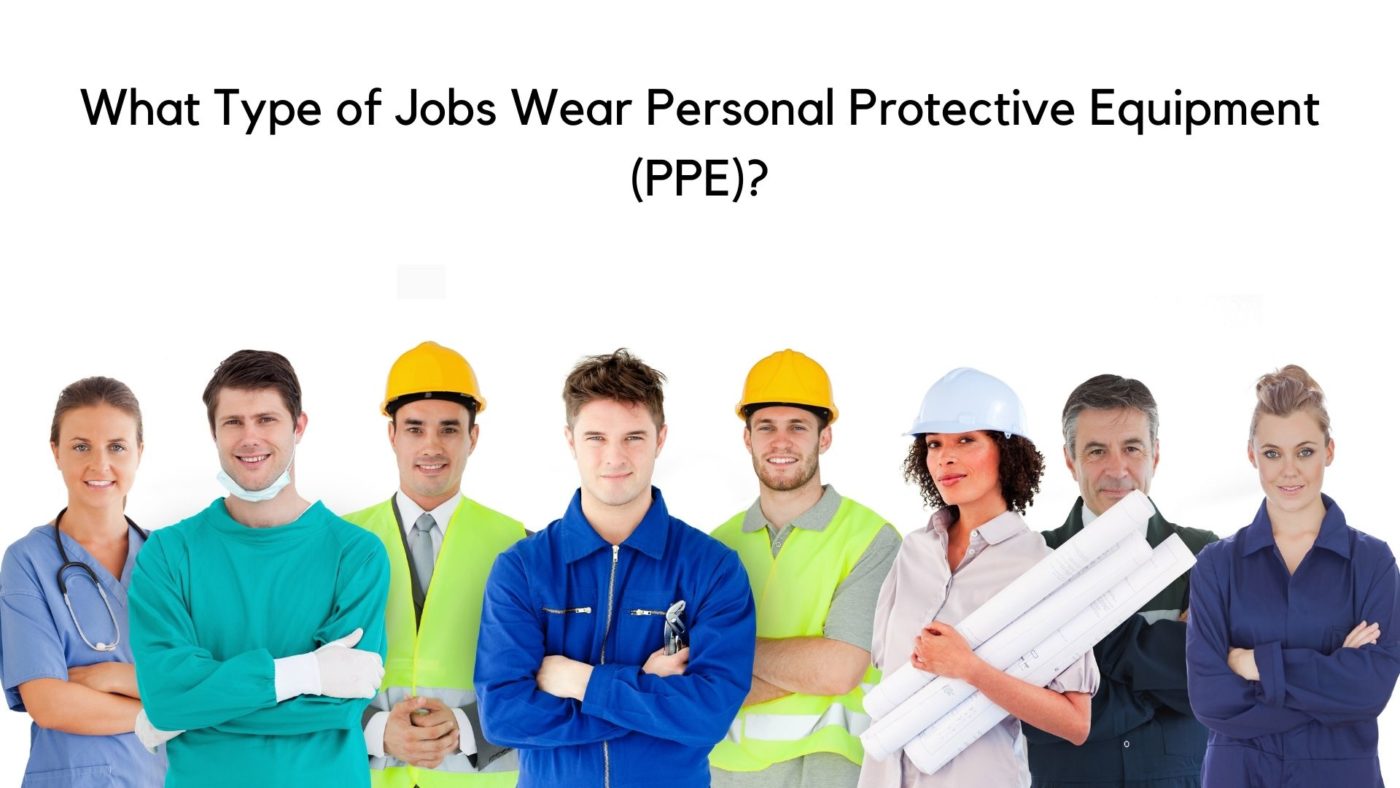No products in the cart.
First Aid/PPE
What Type of Jobs Wear Personal Protective Equipment (PPE)?
There’s a common misconception that personal protective equipment is only required for jobs that require heavy labor, such as construction or logging. While those industries certainly require PPE, the need for protective equipment extends far beyond these fields. Here are some other jobs that require personal protective equipment:
Food Service
Personal protective equipment is essential in the food service industry because kitchens contain hazardous equipment that could cause harm. For example, chefs should wear protective gloves to avoid cuts and burns while preparing food on hot appliances.
Medical Industry
Doctors, nurses, and other health care professionals need to wear personal protective equipment for various situations. Isolation gowns are necessary when conducting surgery because health care professionals must wear respiratory protection when near someone highly contagious (as seen with the COVID-19 crisis).
Mechanics
Mechanics must wear PPE because they’re constantly working on vehicles — these machines contain a lot of chemicals that are harmful when inhaled. It’s essential that mechanics use body protection, hand protection, and respiratory protection when fixing or welding car parts.
Nail Technicians
To create a safe working environment, nail technicians should wear surgical masks to prevent dangerous acetone fumes’ inhalation. Nail technicians also face the overpowering smell of nail glue and the dust of people’s nails flying at their faces.
Event Steward
Event stewards need to protect their eardrums from the loud music that plays at festivals and concerts. Event stewards should never work a loud event without wearing proper hearing protection, or life-long consequences could occur.
Chemical Plant Workers
Any time someone is exposed to chemicals while on the job, they should be wearing proper personal protective gear. Chemical plant workers are specifically around dangerous chemicals that should be kept out of their respiratory systems and should not make contact with their skin.
If you’re about to start a job that requires personal protective equipment, please ensure that you have everything you need to stay safe and healthy.

